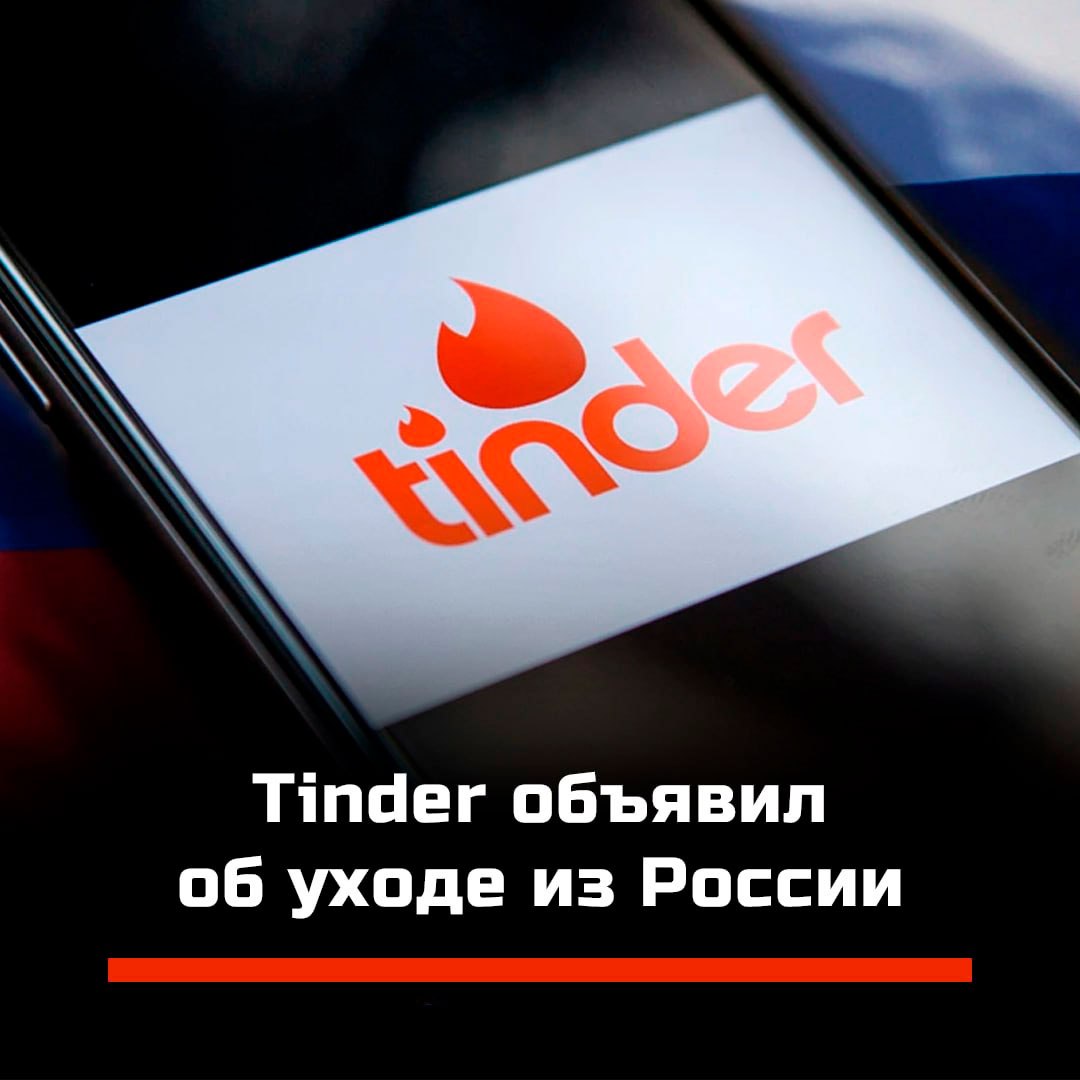Tinder Exits Russia by June 30th
In a significant development impacting the Russian dating scene, Tinder, the globally popular dating application, is set to discontinue its services in Russia by June 30th. This decision stems from the company’s latest annual report, signaling a major shift in its operational landscape. While the exact reasons behind this abrupt departure are not detailed in the initial report, it’s understood to be part of a broader strategic reassessment by Match Group, Tinder’s parent company, concerning its presence in certain markets.
This announcement has naturally sparked widespread discussion and speculation among its user base in Russia. For millions who have relied on the platform to connect with potential partners, this news presents a considerable challenge. The imminent closure raises questions about how individuals will adapt their dating strategies and where they will seek romantic connections moving forward. The absence of such a dominant platform could lead to a resurgence of alternative methods and a renewed emphasis on community-based social interactions.
Adapting to the Changing Russian Dating Landscape
The report indicates a deliberate and phased exit, allowing users a grace period to adjust. However, the implications for the local dating industry are far-reaching. It’s possible that local dating apps and services might see a surge in user adoption as people seek replacements. Furthermore, this situation might reignite interest in more traditional methods of meeting people, moving away from purely digital interactions.
Evolving Dating Strategies
The question now is how the Russian dating landscape will evolve in the wake of Tinder’s departure. Will users flock to other international apps that remain available, or will there be a significant shift towards domestic platforms and offline social activities? The potential for innovative local solutions to emerge is also high. As the June 30th deadline approaches, the anticipation of change is palpable.
The departure of a platform as entrenched as Tinder is not just a technical withdrawal; it’s a social event that prompts reflection on how we form relationships in the digital age. It highlights the dependence on global tech giants and the potential vulnerabilities that arise from that. This move by Match Group underscores the complex geopolitical and economic factors that can influence the availability of digital services worldwide.
As the digital dating landscape in Russia undergoes this significant transformation, many are already contemplating their next steps. The search for companionship and connection is a fundamental human need, and while Tinder’s exit creates a void, it also opens the door for new opportunities and approaches to dating. The future of dating in Russia is now an open question, awaiting new answers and innovative solutions.
Contact Us: https://t.me/MLM808

